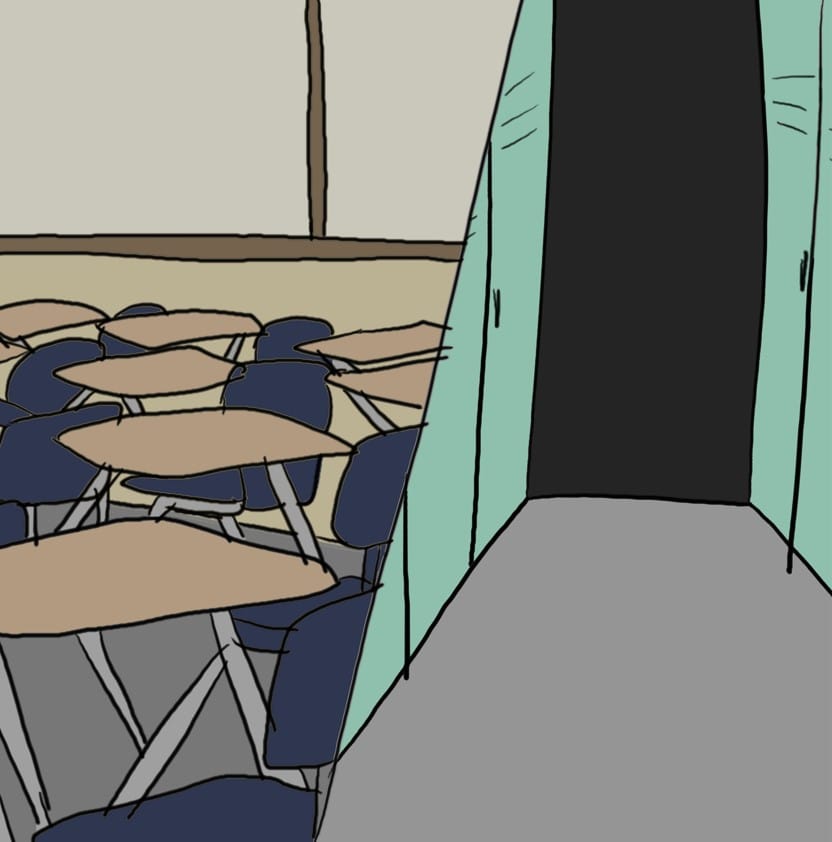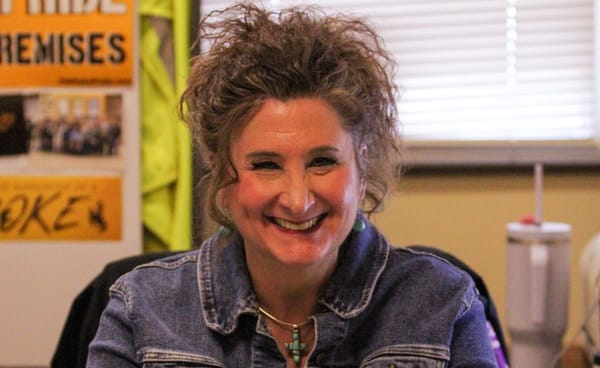Public to Prep
Charter schools and public schools. While they may seem the same in many aspects, in reality, there are a lot of things that are done differently in each one.

Charter schools and public schools. While they may seem the same in many aspects, in reality, there are a lot of things that are done differently in each one.
For some, the move from public to charter school can mean adjusting to a new environment and a new grading system.
“The hardest part [of transitioning] was how things were graded,” said freshman Hailey McKinley. “At my old school, I didn’t really get grades for everything, but now every assignment counts.”
Unlike what she had experienced before, McKinley found the expectations higher and the pace faster when moving to Jefferson Academy. “There was a little bit more academic work than I was expecting, but it’s going to prepare me for my future,” McKinley stated.
As a college-preparatory school, Jefferson Academy challenges students to reach their full potential. The coursework can be demanding, but that rigor is part of the school’s goal to prepare students for long-term success. “Students are motivated to do good because it’s a college prep school and it can affect your future and what you do with your life,” expressed McKinley.
Not only is the amount of work significantly different, but the difficulty and intensity also increase when joining a charter school. “Coming to JA, I noticed a lot more work. The work is also a lot harder in comparison,” Freshman Mazzy Purnell shared, after transferring to JA from Woodrow Wilson.
Beyond classroom interactions, the sense of connection extends throughout the entire school. Hallways feel familiar, teachers greet students by name, and the atmosphere encourages open communication in a charter school.
“The teachers are a lot nicer and they have good relationships with each student,” explained Purnell. “I see a closer relationship between each student and teacher that I didn’t see at my old school.”
In comparison to what was seen at other schools, students feel that teachers go beyond the basics by offering help, encouraging questions, and making sure students truly understand the material. “The teachers here actually want to teach you for the joy of teaching rather than the intent of getting paid,” freshman Alexandra Gonzalez exclaimed.
Freshman Naomi Seiffertt also admired her teachers’ expectations. With the opportunity to earn college credits, students are held to high standards and students feel that it helps prepare them for what’s ahead.
Seiffertt stated: “Graduates come back saying college was easy after being so well prepared from JA.”




